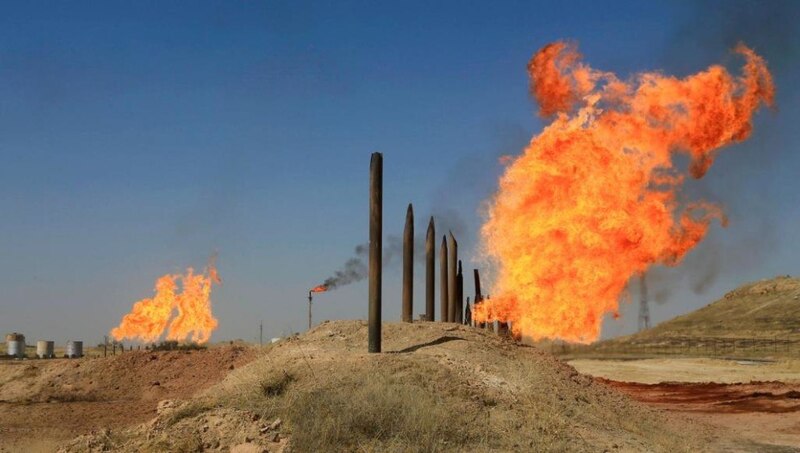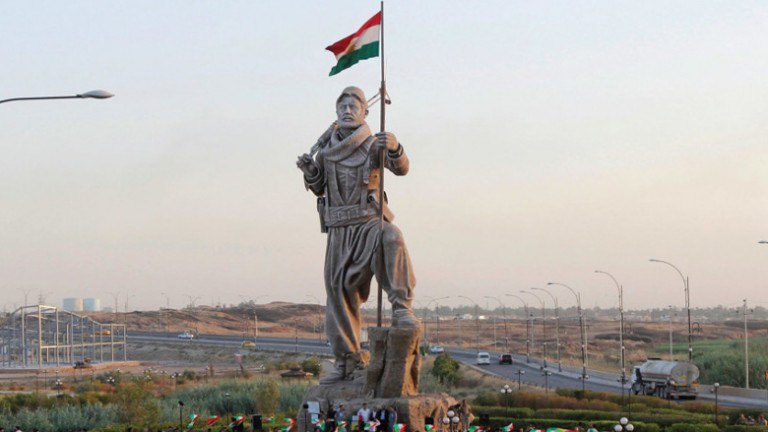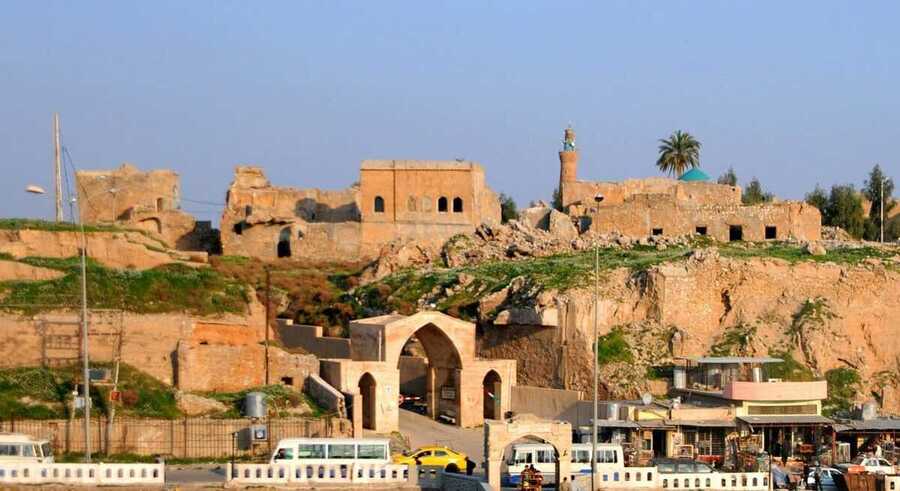Kurds have always considered Kirkuk to be a city of Kurdistan. Recognizing that Kirkuk and some other cities in Kirkuk province have ethnic and religious diversity, but this area throughout history, especially in the past few centuries, geographically has been part of an area that researchers, geographers, and tourists, as Kurdistan points out has been opened.
From the 11th to the 13th centuries AD, Kirkuk was part of the emirates of Hasnawi, Annazi, and Hazbani. It was once part of the Ardalan Kingdom (Sina). When Murad III, one of the emirs of Mukriyan (Mahabad region), was the emir of Sharazur province (an area in Suleimani province), Kirkuk was the seat of government of this province, which included Erbil and Suleimani.

The name of Kirkuk as a Kurdish region in several documents
Yaqut Hamuy, a well-known geographer of the 13th century, wrote in the first volume of the Dictionary of Countries on page 24: The inhabitants of Sharazur and Karkhini (modern Kirkuk) are all Kurds and are almost independent.
The dictionary "I'lam", the work of the famous historian and dictionary writer of the Ottoman period, "Shamsaddin Sami", says about Kirkuk: Seventy-five percent of Kirkuk residents are Kurds and twenty-five percent are Turkmen.
Professor Ulery said about Kirkuk, "In the map of the Treaty of Versailles in 1919, Kirkuk was part of Kurdistan and belonged to the Kurdish areas in the map, and this issue proves that Kirkuk was a Kurdish city before the oil resources of Kirkuk were known."
The Danish Encyclopedia describes Kirkuk as an oil field city in northeastern Iraq, part of Kurdistan, 250 kilometers from Baghdad. According to some data, Kirkuk's oil fields contain 7.5 percent of the world's oil. The pipelines send Kirkuk oil to Syria, Lebanon, and Turkey. Kirkuk is located in the Zagros Mountains and has a population of about 500000 people, mostly Kurds, but since the 1970s, the Kurdish population has been gradually reduced and the area has been replaced with Arabs.

The Norwegian Encyclopedia says: Kirkuk is a city in Iraqi Kurdistan. The city is located in the Zagros Mountains, 250 kilometers from Baghdad. According to the 1970 census, it has a population of about 208000. It is one of the most important trade centers in Kurdistan and has the largest number of oil wells.
The Britannica dictionary writes: Kirkuk is one of the most important and basic trade centers in Kurdistan.
The German Encyclopedia, after a detailed introduction to Kirkuk, says: Historically, Kirkuk is part of Iraqi Kurdistan. Kurdistan and Iraq were annexed by the Ottoman Empire in 1638, and Britain occupied Kirkuk during World War I. In 1927, Kirkuk's largest oil field was found.
The 1930 census of Kirkuk municipality describes the population of Kirkuk as follows: Kirkuk population is 35000; 22000 Kurds, 7000 Turkmen, 2000 Christians, 2000 Assyrians, 500 Armenians, and 2500 Jews.
In 1820, when Claudius James was a guest of the Emir of Baban on his travel to Kurdistan, he wrote in a note: “Last night, Omar Agha and I spoke about Kurdistan's agricultural products. Kirkuk is one of the trade centers where all Kurdistan's agricultural products are sent to.

Conclusion
Kurds believe that there were no Arabs in Kirkuk and a large number of Arabs were imported to the area during the reign of Saddam Hussein (the project of Arabization of the region by the then regime).
For many years, Kurds have demanded that Kirkuk return to the Kurdistan Region and under the administration of the Kurdish government, but the central government, Arabs, and Turkmens have constantly expressed opposition and this conflict continues.









